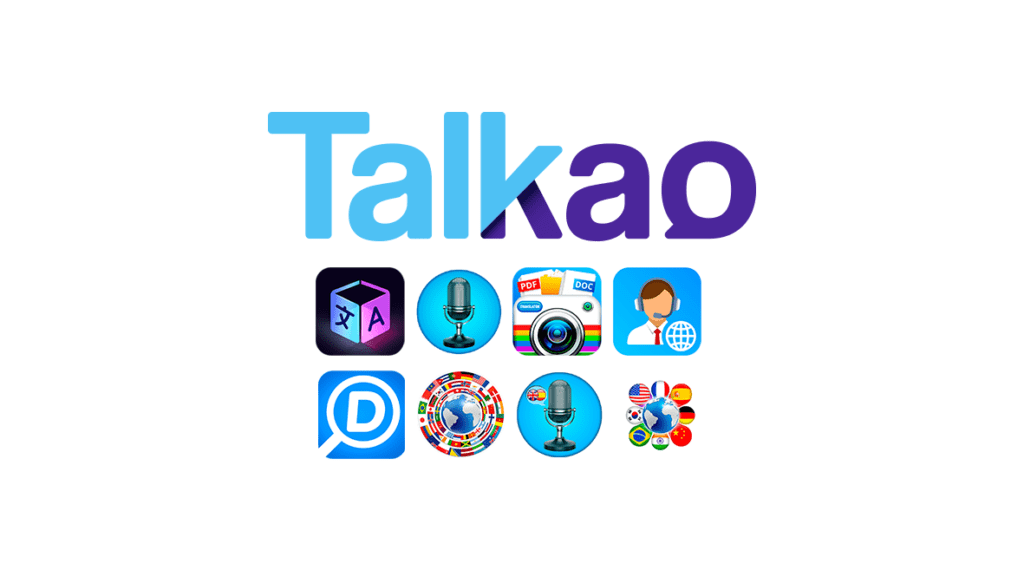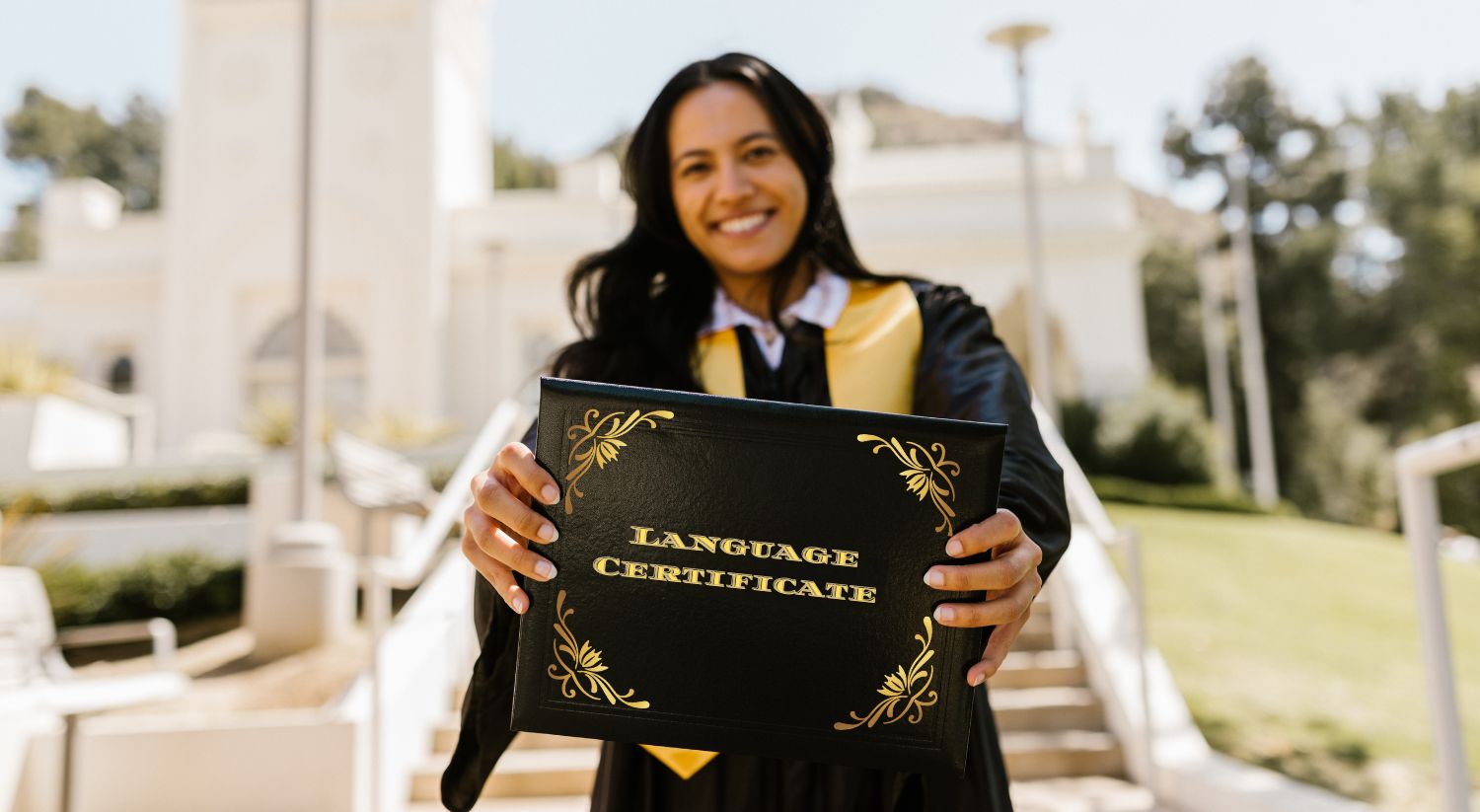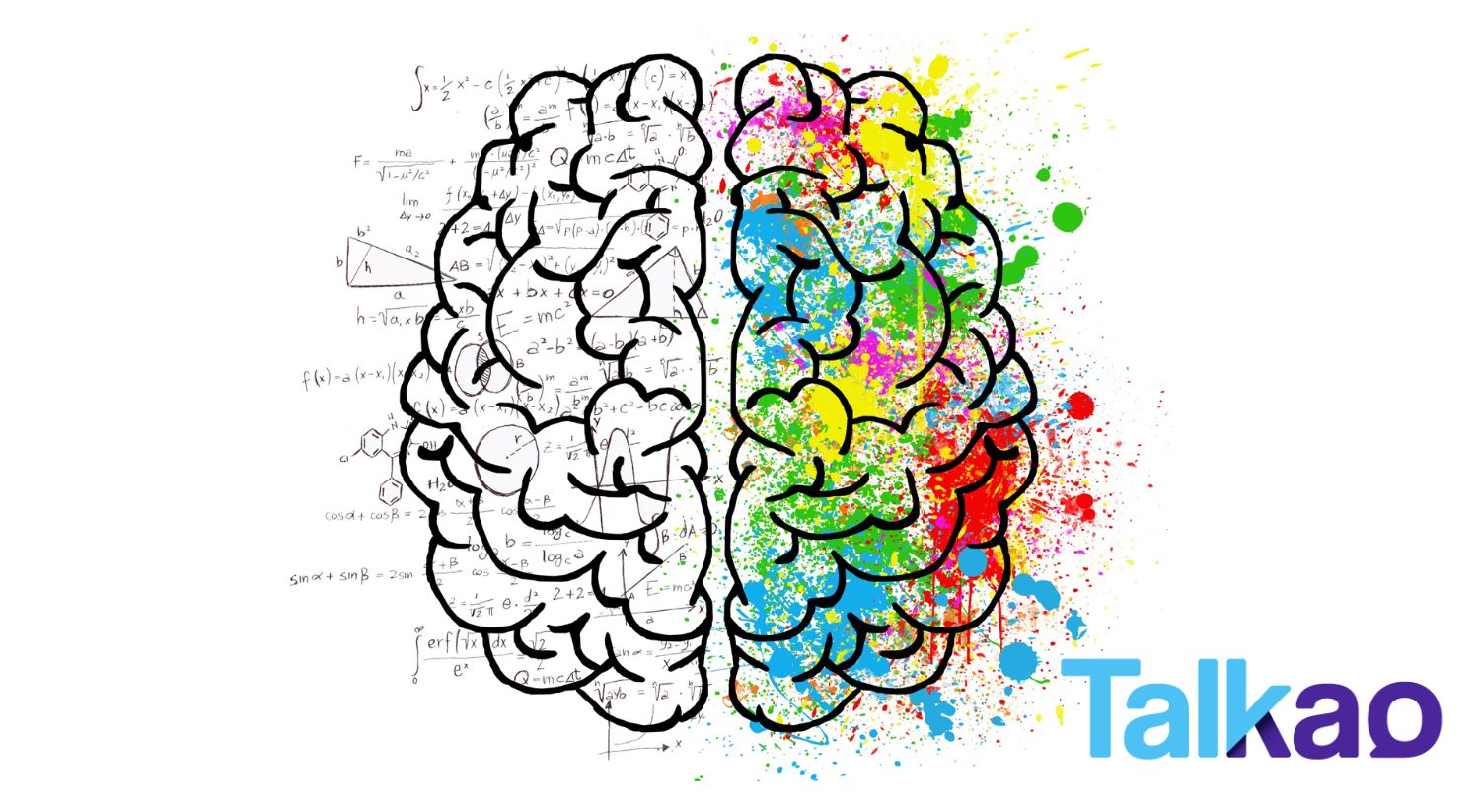
In today’s rapidly evolving digital landscape, artificial intelligence (AI) has become an indispensable force in transforming the way businesses connect with their diverse, global audiences.
One area where AI has made a significant impact is in website and app localization, the process of adapting digital content to meet the linguistic, cultural, and technical requirements of a specific region or group-which not only extends a brand’s reach, but also fosters meaningful connections with users.
In this article, we’ll explore the central role of AI in revolutionizing website and application localization, and how it can streamline workflows, improve accuracy, and ensure that your message resonates with audiences around the world.
Join us as we uncover the potential of AI to break down language barriers and enable businesses to thrive in the global marketplace.
The Importance of Website and App Translations in a Global Market
In today’s globalized world, businesses are looking to expand their reach and establish a presence in new markets, making website and app translation essential to communicate effectively with diverse audiences and provide a seamless user experience.
This helps companies build trust and credibility and maintain a competitive edge in the global marketplace.
A well-localized website or app demonstrates a company’s commitment to meeting the unique needs of its customers, resulting in increased user engagement, higher conversion rates, and improved customer loyalty. Multilingual content helps companies reach markets previously inaccessible due to language barriers.
But localizing digital content comes with its own set of challenges, especially when it comes to ensuring accuracy and consistency across languages and cultures.
Traditional localization methods are struggling to keep up with the rapidly changing digital landscape, leading to the emergence of AI as a powerful tool to revolutionize the field.
Traditional Localization Methods and Their Limitations
Traditionally, localization relies on human translators to adapt content across languages and cultures. While this approach has its merits, it can be time-consuming, labor-intensive, and error-prone.
In addition, the quality of the translation can vary dramatically depending on the skill level and expertise of the translator, as well as the complexity of the content being translated.
Another limitation of traditional methods is the difficulty of maintaining consistency across multiple languages and geographies.
This can be particularly challenging when dealing with idioms, cultural references, and technical terminology that may not have direct equivalents in other languages. As a result, companies often require ongoing input from translators and localization experts to ensure that their content remains accurate and up-to-date.
Finally, the cost of traditional methods can be prohibitive for many companies, especially smaller companies and start-ups with limited resources.
The need to invest in human translators and localization experts can add up quickly, making it difficult for companies to justify the expense.
This has led to a growing demand for more efficient and cost-effective localization solutions, such as those offered by AI-based technologies.

How Artificial Intelligence Improves Translation Accuracy
AI has the potential to revolutionize the localization process by enhancing translation accuracy and consistency across multiple languages and cultures.
Machine learning algorithms can analyze vast amounts of data, identifying patterns and trends that might be missed by human translators. This enables AI-powered translation systems to learn from previous translations and continuously improve their accuracy over time.
Another advantage of AI-driven translation is its ability to process information at a much faster rate than human translators. This means that businesses can quickly and efficiently localize their digital content, ensuring that it remains up-to-date and relevant for users around the world.
Furthermore, AI-based translation systems can easily scale to meet the needs of companies of all sizes, making localization more accessible and affordable for a wider range of organizations.
While AI-based translation tools have made significant strides in recent years, it is important to note that they are not without limitations.
For example, idioms, cultural nuances, and highly specialized vocabulary can still be difficult for machine translation systems to handle.
However, as AI technology continues to evolve, it is likely that these challenges will be increasingly addressed, paving the way for even more accurate and effective localization solutions.
Natural Language Processing (NLP) and Machine Learning in Localization
Natural language processing (NLP) and machine learning are essential technologies for AI-powered localization tools. NLP is a subset of AI that focuses on enabling computers to understand and interpret human language, improving translation accuracy and fluency by analyzing syntax, semantics, and context.
Machine learning, on the other hand, enables AI systems to learn from experience and adapt their output. Algorithms identify patterns in massive amounts of data, refining translation models and improving performance over time.
By combining NLP and machine learning, AI-powered localization tools can deliver translations that are not only accurate, but also contextually appropriate and culturally sensitive. This powerful combination improves the overall localization experience for users.
Benefits of AI-Driven Localization for Businesses
There are several key benefits of AI-driven localization for businesses, including:
- Improved translation accuracy: AI-powered systems provide more accurate translations by learning from data, leading to consistent messaging and higher user engagement.
- Faster turnaround times: AI-driven localization enables quick content localization, saving time and adapting to the evolving digital landscape.
- Cost-effectiveness: Automated localization reduces costs, especially for smaller companies, enabling access to global markets without prohibitive expenses.
- Scalability: AI solutions can easily scale for businesses of all sizes, allowing localization in multiple languages without additional human resources.
- Enhanced cultural sensitivity: By leveraging NLP and Machine Learning, AI tools offer contextually appropriate and culturally sensitive translations, fostering meaningful global connections.
AI-Powered Localization Tools and Platforms
There are a growing number of AI-powered localization tools and platforms available to businesses, each offering unique features and capabilities.
Some of the more popular AI-powered translation tools include:
- Google Translate: As mentioned earlier, Google Translate leverages NMT to deliver accurate and natural-sounding translations across a wide range of languages. The platform also offers an API that can be integrated into websites and applications, enabling businesses to quickly and easily localize their digital content.
- Microsoft Translator: This AI-powered translation service supports over 60 languages and offers a range of features, including text translation, speech translation, and language detection. The platform also provides an API for businesses looking to integrate AI-driven localization into their websites and applications.
- DeepL: DeepL is another AI-driven translation tool that uses deep learning technology to deliver accurate translations. The platform supports 26 languages and offers an API for businesses looking to incorporate AI-powered localization into their digital content.
- SDL Machine Translation: A leading AI-driven localization provider with tools for digital content translation. Utilizes neural machine translation for high-quality output in various languages. Offers services like translation memory management, terminology management, and quality assurance.
- Talkao Apps: Award-winning AI-powered app for text, voice, and image translation. Offers real-time conversations, AR translation, and language learning in 125+ languages. Features include OCR, object translation, and AI-driven translation engines.

Real-World Examples of AI in Localization Success
AI-powered localization has already made a significant impact in a wide range of industries, from e-commerce to healthcare to finance.
Here are some real-world examples of how companies are using AI-powered localization to improve their global reach and increase user engagement:
- Airbnb: A global marketplace leveraging AI-driven localization, machine translation, and NLP for seamless communication in 60+ languages while maintaining cultural sensitivity.
- Skyscanner: A travel search engine using AI-powered localization and machine translation for accurate, culturally appropriate translations in 30+ languages, expanding reach and engagement.
- Waze: A navigation app utilizing AI-powered localization, machine translation, and NLP for accurate, contextually appropriate translations in 50+ languages, increasing user base and engagement.
These are just a few examples of how businesses are using AI-powered localization to improve their global reach and enhance user engagement. As AI technology continues to evolve, it’s likely that we’ll see even more innovative use cases for AI-driven localization in the future.
Future Trends in AI and Localization Technology
AI-driven localization is a rapidly evolving field, with new technologies and trends emerging all the time.
Here are a few of the key trends that businesses should keep an eye on in the coming years:
- Speech recognition and translation: With voice technology’s popularity, businesses should invest in AI tools for real-time interpretation and translation of spoken language, requiring NLP and machine learning advances.
- Augmented reality localization: As AR becomes common, AI localization tools will need to adapt digital content to physical environments, necessitating computer vision and object recognition improvements.
- Contextual translation: Sophisticated AI systems must consider context for accurate, contextually appropriate translations, demanding further progress in NLP and machine learning.
- Multimodal translation: Diverse digital content requires AI localization tools capable of translating various content types, such as text, images, videos, and audio, which calls for advances in computer vision, speech recognition, and NLP.
These trends will shape AI-driven localization’s future. As businesses expand globally, AI’s role in effectively communicating with diverse audiences will grow increasingly crucial.
Conclusion and Next Steps for Businesses
AI-powered localization is a powerful tool for companies looking to expand globally and connect with diverse audiences. By leveraging NLP and machine learning, companies can improve translation accuracy, reduce costs, and maintain cultural sensitivity.
As AI technology continues to evolve, companies that invest in AI-powered localization will stay ahead of the competition.
To take advantage of AI-powered localization, follow these steps:
- Evaluate your current localization strategy and identify areas where AI could improve efficiency and accuracy.
- Research available AI-driven localization tools and platforms, and choose the best solution for your needs.
- Collaborate with a trusted localization partner to ensure accurate, culturally appropriate, and contextually relevant translations.
By following these steps, you can leverage AI to transform your localization strategy and elevate your business.
REMEMBER !!!
You can download our available apps for translating and learning languages correctly available for free on googleplay and applestores.
Do not hesitate to visit our Talkao website and contact us with any questions or problems you may have, and of course, take a look at any of our blog articles.












Newsletter